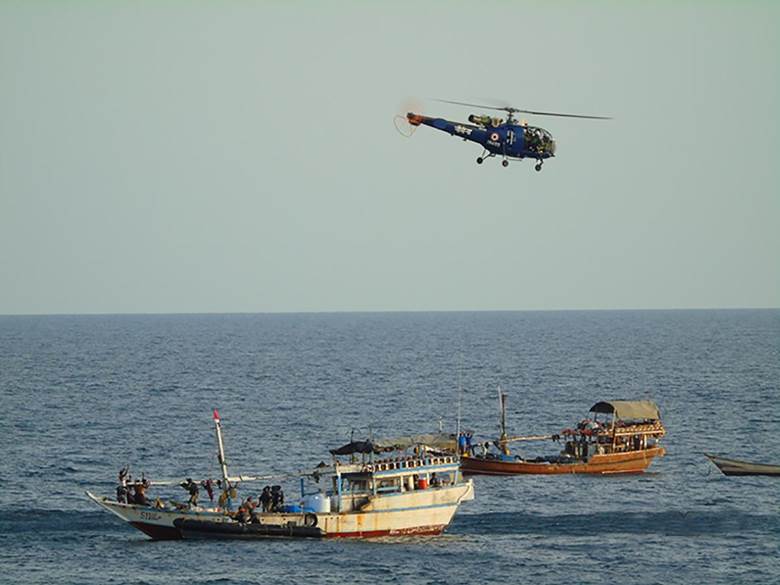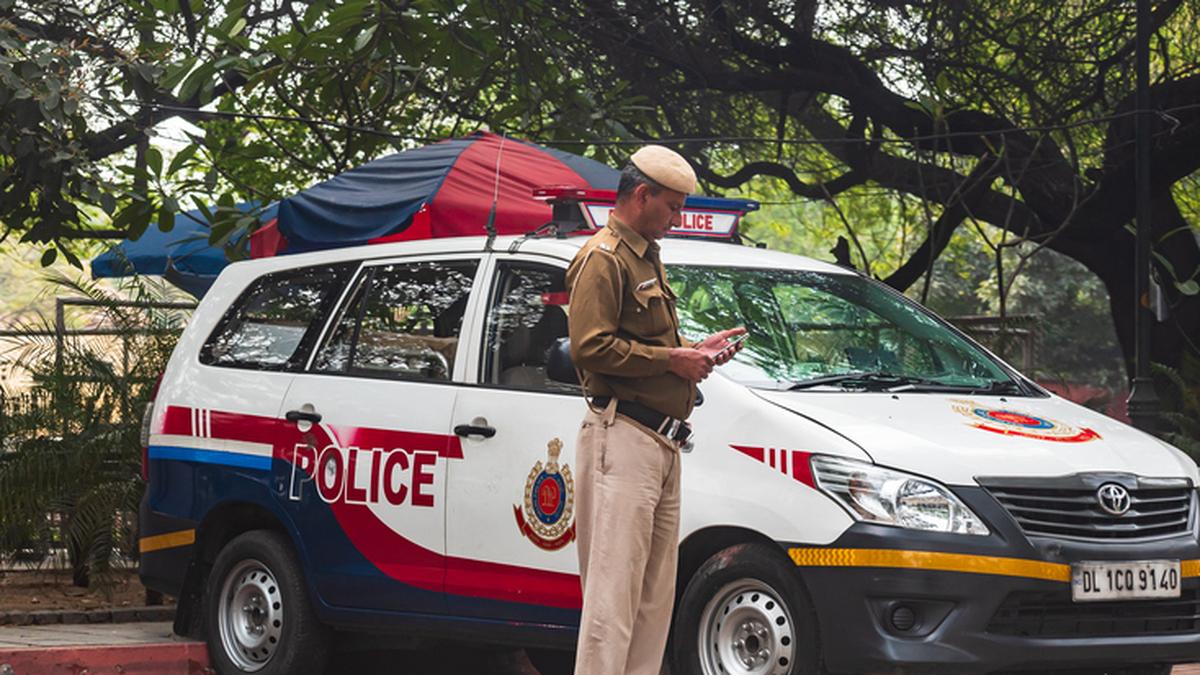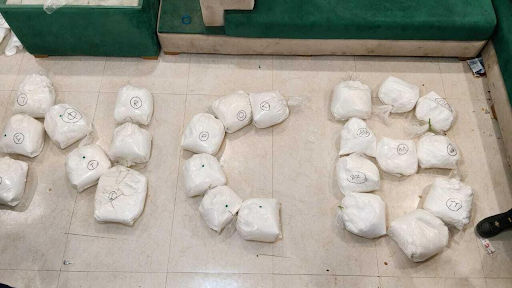Description

Copyright infringement is not intended
Context: Lok Sabha took up for the second time in three years a Bill to make a law to tackle maritime piracy in international waters.
Details:
- The Anti-Maritime Piracy Bill will be in line with the United Nations Convention on the Law of the Sea (UNCLOS).
- It had once been introduced in 2019 before being sent to the Standing Committee for detailed perusal. This time, the government has reintroduced the Bill after incorporating some amendments as advised by the Standing Committee.
- It will enhance India’s maritime security, including those of its trade routes.
- 14 of the 18 recommendations were accepted, one of the recommendations which was about having a Standard Operating Procedure for deportation and extradition of pirates by the Ministry of Home Affairs, has been noted and will be addressed suitably. The provision of “trial in absentia” has been dropped.
- The provision regarding death punishment has been amended in the Bill to also include life imprisonment.
- India does not have a specific law or legal provision in IPC or CRPC on piracy. This bill along with amendments would provide an effective legal instrument to combat piracy not only in our territorial waters but in the EEZ and also on the high seas
- India’s security and economic well being is linked with the sea and maritime security is a prerequisite with more than 90 per cent of our trade with the world taking place through sea routes and more than 80 per cent of our hydrocarbon requirement being sea borne.
What is the Anti-Maritime Piracy Bill?
- India currently does not have legislation on matters of piracy on the high seas. Once enacted, the Anti-Maritime Piracy Bill will bring into law the UN Convention on the Law of the Sea, which India ratified in 1995.
- Previously, pirates were prosecuted under the Indian Penal Code, 1860 (IPC), under provisions dealing with armed robbery and the admiralty jurisdiction of specific courts.
- However, India’s sovereignty is delimited by the outer boundary of its territorial waters— 12 nautical miles from the coast.
- Acts of piracy committed by a foreigner outside India’s territorial waters cannot be an offence under the IPC, and those accused in piracy cases have been acquitted due to the lack of jurisdiction.
- The Anti-Maritime Piracy Bill defines piracy as an act of violence or detention by the crew or passengers of a private vessel or private aircraft on high seas, directed against another vessel or aircraft and/or people or property on board.
- The Bill will apply to the sea beyond the Exclusive Economic Zone (EEZ), that is, beyond 200 nautical miles from India’s coastline.

Geographical limits of different maritime zones.
.jpg)
What is the UN Convention on the Law of the Sea?
- The UN Convention on the Law of the Sea (UNCLOS) is a set of rules to govern the oceans and the use of their resources.
- It is based on the idea that all problems related to oceans are interrelated and need to be addressed by the global community as a whole.
- After over 14 years of collaborative work by more than 150 countries of the world, the Convention was opened for signature on December 10, 1982, in Montego Bay, Jamaica.
- UNCLOS governs all aspects of ocean space, including delimitation, environmental control, marine scientific research, economic and commercial activities, transfer of technology and the settlement of ocean-related disputes.
- To deal with incidents of piracy on the high seas, UNCLOS says that member States are allowed to seize a pirate ship or aircraft or a vessel that has been captured by pirates, and arrest the persons involved and seize the property on board. The seizure, however, must be carried out either by warships or military aircraft, or have clear markers that establish they are on government service.
- The judiciary of the States that carry out the seizure and arrests are allowed to decide penalties and how to deal with seized property.
What is the need for anti-piracy regulations?
- Gulf of Aden, which separates Somalia and Yemen and connects the Arabian Sea to the Red Sea and further to the Mediterranean Sea through the Suez Canal, has been one of the deadliest areas in the oceans due to a large number of piracy incidents.
- This is also one of the most important trade routes for countries in Asia, Europe, and on the eastern coast of Africa.
- Due to an increased naval presence in the Gulf of Aden, it has been observed that piracy operations are shifting towards the east and south, which increases their proximity to India’s west coast.
- The absence of dedicated domestic legislation on piracy has also denied effective prosecution of pirates apprehended by the Indian Navy or Coast Guard in the past.
.jpg)
https://indianexpress.com/article/india/parliament-winter-session-lok-sabha-takes-up-debate-on-anti-maritime-piracy-bill-8312167/






.jpg)





